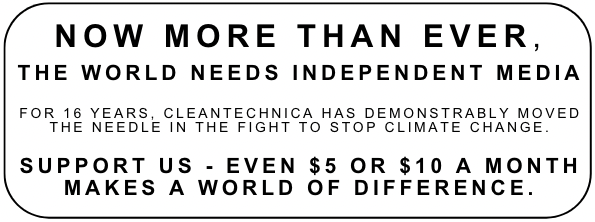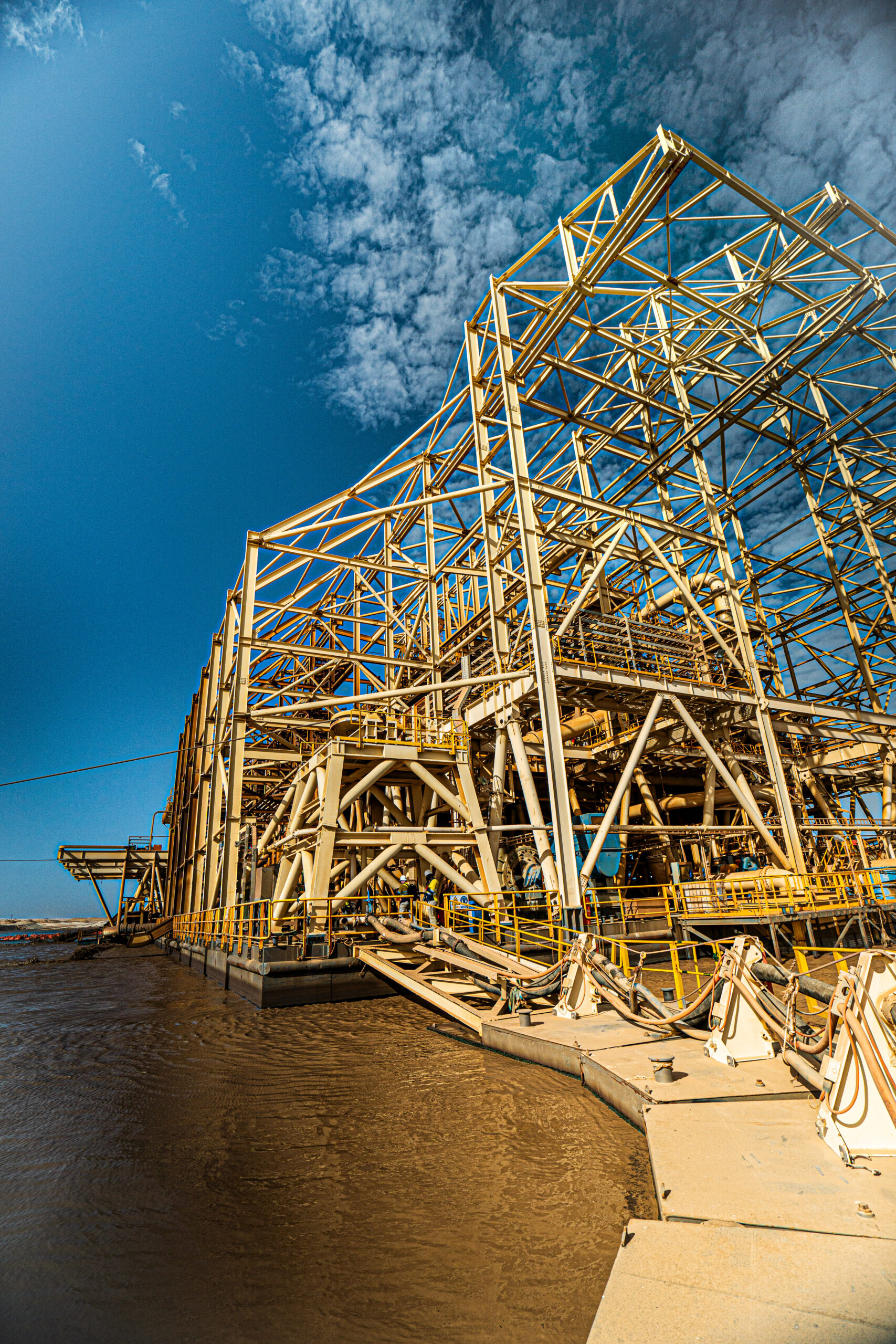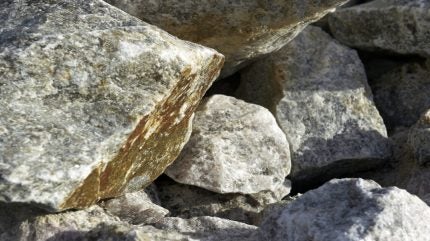
Sign up for daily news updates from CleanTechnica on email. Or follow us on Google News!
The Eramet Grande Côte Mine 20 MWp solar and 11 MWh battery project will provide clean energy to meet 20% of the mine’s energy needs and reduce carbon emissions by 25,000 tonnes annually.
The mining sector is one of the most energy intensive sectors. Big mines can be located close to the grid and hence have access to the grid. However, in some places, electricity from the grid may not always be available, especially in areas with weak and intermittent grids. A lot of mines also operate in remote areas far away from the grid and hence are fully off-grid. In both cases, mining companies generally have a fleet of large fossil fueled generators to ensure power uptime, and therefore mining companies often have a large diesel/heavy fuel oil bill as well.
Traditionally, operators of these mines didn’t really have any other viable alternatives. However, this is starting to change. Technological advances in areas such as the production of higher efficiency solar panels, as well as advanced lithium-ion batteries, has resulted in these technologies becoming more readily available, and affordable. These technologies now also have a long track record as their deployment in large-scale projects continues to grow both in utility-scale applications as well as behind the meter. This has helped inject more confidence in the market as projects that include both solar PV and battery storage now offer a strong value proposition compared with the traditional fossil fuel powered backup generators. The main driver of this adoption is the significant operational cost reduction derived from adding these technologies to their operations, aided by the drastic drop in prices of solar panels and batteries over the past ten years. This has made it possible for these technologies to be competitive with traditional sources.
JUWI South Africa, part of the international JUWI Group which develops solar, wind, and hybrid renewable energy solutions, says more mining companies in Africa and around the world are transitioning to renewable energy to take advantage of the benefits these technologies provide.
According to Richard Doyle, Managing Director, JUWI South Africa, “this increased adoption of renewables in the mining sector is being driven by several benefits including reduced operational costs, price security (hedging of long-term energy price), increased energy reliability, and reduced emissions and environmental impact as mining firms have increasingly stringent ESG targets to meet.” For grid-tied solar PV projects without battery storage, utility-scale renewable energy is now much cheaper than conventional fossil-fuel based energy supplied by the grid.
The latest mine to embark on this journey to adopt solar PV and battery storage is Eramet Grande Côte, a subsidiary of the French multinational mining and metals company Eramet, and South Africa’s JUWI Renewable Energies has reached financial close on a €30 million (ZAR 600 million) off-grid solar photovoltaic (PV) and battery storage solution for the mine in Diogo, Senegal.
The 20 MWp solar and 11 MWh battery project will provide clean energy to meet 20% of the mine’s energy needs, reduce carbon emissions by 25,000 tonnes annually, and create over 100 jobs during its construction and maintenance phases. The off-grid hybrid installation, among the largest in Senegal, will reduce the mine’s reliance on heavy fuel oil, improve production stability, and align with Eramet’s global decarbonization strategy. The investment supports the Eramet Group’s Science-Based Targets initiative (SBTi) roadmap, which aims for a 40% reduction in CO2 emissions by 2035 and carbon neutrality by 2050.
In addition to driving sustainable mining, the project plays a crucial role in advancing Senegal’s clean energy transition, with the country aiming to reduce greenhouse gas emissions by around 7% by 2025. By leveraging JUWI’s expertise in off-grid solar and storage solutions, alongside its engineering capabilities for complex ground conditions, and Eramet Grande Côte and Eramet’s commitment to sustainability, the project sets a new benchmark for innovation in the mining sector.
“Our investment in this solar power plant reflects Eramet Grande Côte’s and Eramet’s commitment to making the decarbonisation of our activities a top priority, in line with the global climate emergency, ” said Frederic Zanklan, CEO, Eramet Grande Côte.
“The clean energy produced by this plant will significantly enhance Eramet Grande Côte’s environmental performance. Our clients will benefit from products with increased environmental value. As the first mine in Senegal to be ISO 50 001 and 14 001 certified, Eramet Grande Côte is taking another important step in addressing the climate challenges we all face.”
“As part of our commitment to Africa’s energy transition, we’re thrilled to partner with Eramet Grande Côte on their first off-grid solar and storage project and to support Senegal’s ambitious carbon emissions goals,” said Richard Doyle, MD, JUWI Renewable Energies.
“Sustainable mining technologies are crucial in reducing the environmental impact of industrial operations, especially as many African mining operations rely on hydrocarbon fuels due to the continent’s limited grid infrastructure. By integrating renewable energy and storage into mining, we reduce carbon footprints, improve operational efficiency, and strengthen long-term energy resilience. We’re proud to use JUWI’s experience in delivering hybrid energy solutions across Africa to help advance sustainable mining and Africa’s clean energy transition.”
It’s great to see another large mine on the African continent adopting solar PV and battery storage. As the costs of solar and batteries continue to go down, co-location of large solar and batteries at these kinds of campuses and operations will become standard.
Images courtesy of JUWI
Have a tip for CleanTechnica? Want to advertise? Want to suggest a guest for our CleanTech Talk podcast? Contact us here.
Sign up for our daily newsletter for 15 new cleantech stories a day. Or sign up for our weekly one if daily is too frequent.
CleanTechnica uses affiliate links. See our policy here.
CleanTechnica’s Comment Policy




